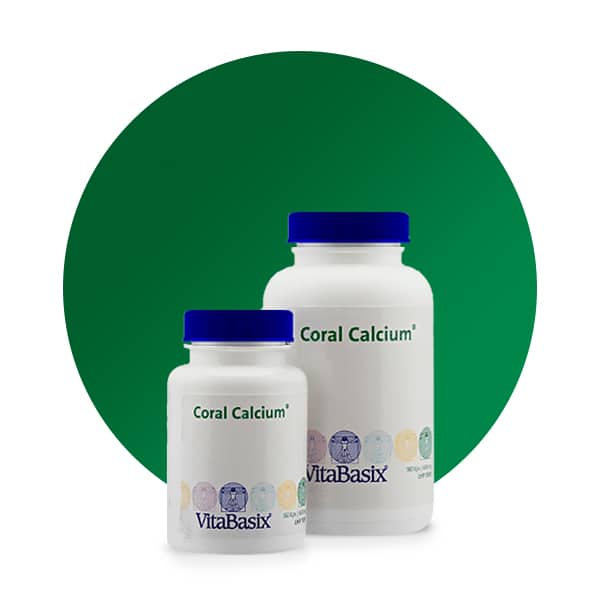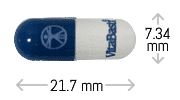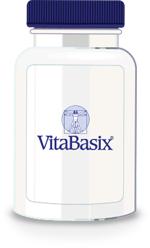Almost all biochemical processes in the body are influenced by minerals. Many minerals are washed out of the arable soils, so deficiencies are almost inevitable. They often manifest themselves in a masked way, so that a cause is not easy to find.
What are coral minerals? Marine animals ingest ionic marine minerals and excrete them in the form of corals. Therefore, the minerals in corals are organic, or formed by an animal. Inorganic minerals can only be utilised by the body to a limited extent and with great difficulty.
Corals are rich in calcium and are therefore an excellent source of this mineral, as the calcium contained here is easily absorbed and does not cause constipation, which can occur when taking other types of calcium supplements. All other trace elements/minerals contained in corals are also organic and therefore very bioavailable.
Enzymes, nerve cells and almost all biochemical processes need minerals to function properly. Coral minerals can have a positive effect on various organs, including the heart, skin, muscles, joints and kidneys, and help promote sleep and keep blood sugar levels in the normal range.
When the body properly absorbs and assimilates coral minerals, specific deficiencies in trace elements are compensated and the body’s mineral stores are replenished. The pH value of the body can return to its natural alkaline state. This can have a favourable effect on the immune system and general well-being.
Other positive effects:
Bones and teeth: Calcium is needed for normal bones and teeth and can contribute to normal energy metabolism. Calcium is the most abundant element in the human body; 99 per cent of it is bound in bones and teeth, as these are predominantly made of calcium. Calcium absorption depends primarily on vitamin D.
Muscles and nervous system: Muscle contractions and the transmission of stimuli in the nerve cells are regulated by calcium. Calcium can thus contribute to normal muscle function.
Calcium may also contribute to normal blood clotting as well as normal digestive enzyme function and neurotransmission. Calcium also plays a role in the process of cell division and specialisation.
Vitamin D contributes to normal absorption/utilisation of calcium and phosphorus and to normal blood calcium levels. Calcium and vitamin D are needed for normal growth and development of bones in children. In addition, vitamin D contributes to normal immune system function and cell division.






 Chronobrands
Chronobrands



svetse –
Pure miracle!